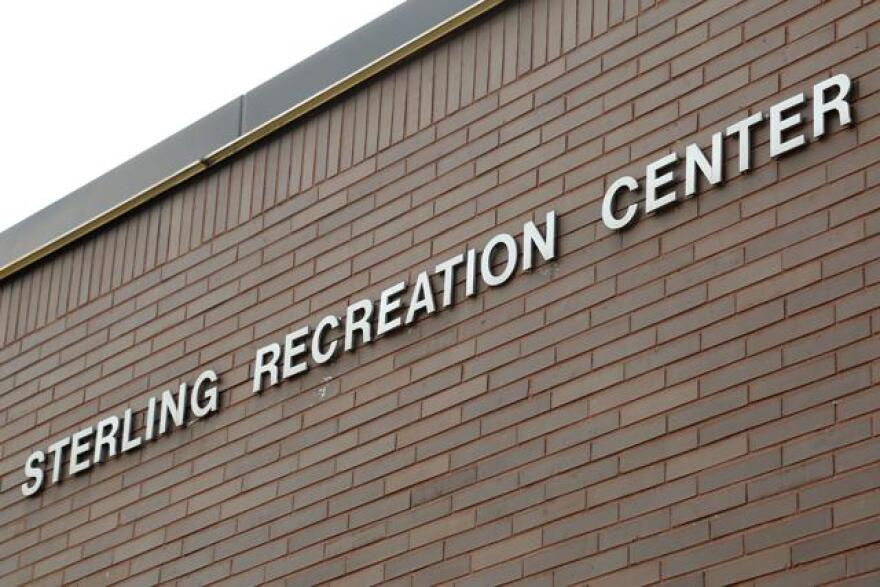Over the past five years, Cleveland's 22 recreation centers have provided mental health support to the city's youth dealing with trauma. Researchers at Case Western Reserve University and Cleveland State now say that model has proven successful and may be adopted in other cities.
Offering wrap-around services at rec centers provides a supportive environment and counseling that allows youth to process their trauma in a healthy way, said report co-author Megan Holmes, assistant professor and founding director of the Center on Trauma and Adversity at CWRU.
“Kids coming into the rec centers, we're trying to provide them with a safe space that feels supported and with those wraparound services from the social workers and counselors that can help them move forward in their life," she said. “To have a space where children and adults feel safe to go to, where they feel like they’re supported and valued is such an important part of the healing process."
The Neighborhood Resource and Recreation Centers program, which was launched in 2018 and is the first of its kind in the country, has provided greater access to trained social workers and counselors and a safe environment that is necessary for youth to heal from trauma, according to a report published last month in the journal Behavioral Sciences.
Clevelanders face high levels of traumatic exposure, including poverty and unemployment and exposure to high levels of homicide and violent crime, child maltreatment and food insecurity, the report said. Adverse childhood experiences or other traumatic events have been shown to affect a person's brain development and may have negative effects throughout a person's life.
Since 2018, thousands of youth have had access to the program through Cleveland's rec centers, said Holmes.
The program first hired trained social workers and counselors to work in rec centers and also trained recreation staff about trauma, Holmes said. Then they developed trauma-informed care standards and a tool to assess the rec center's progress in developing and implementing high-quality, trauma-informed mental health care.
Researchers are now developing mentorship and peer support programs to help youth heal by creating change in their communities, she said. University researchers are also working with the city to improve rec center policies by having staff address youth's previous trauma before deciding to kick a young person out of the centers for negative behavior, Holmes said.
Meanwhile, word of the program's success has spread as cities including Cleveland Heights, Columbus and Cincinnati are starting their own programs based on Cleveland's model, she said.
Breaking the cycle of violence is one of the program's main goals, Holmes said.
“If we can address the violence now, hopefully, we can stop it from happening in the future," she said.



